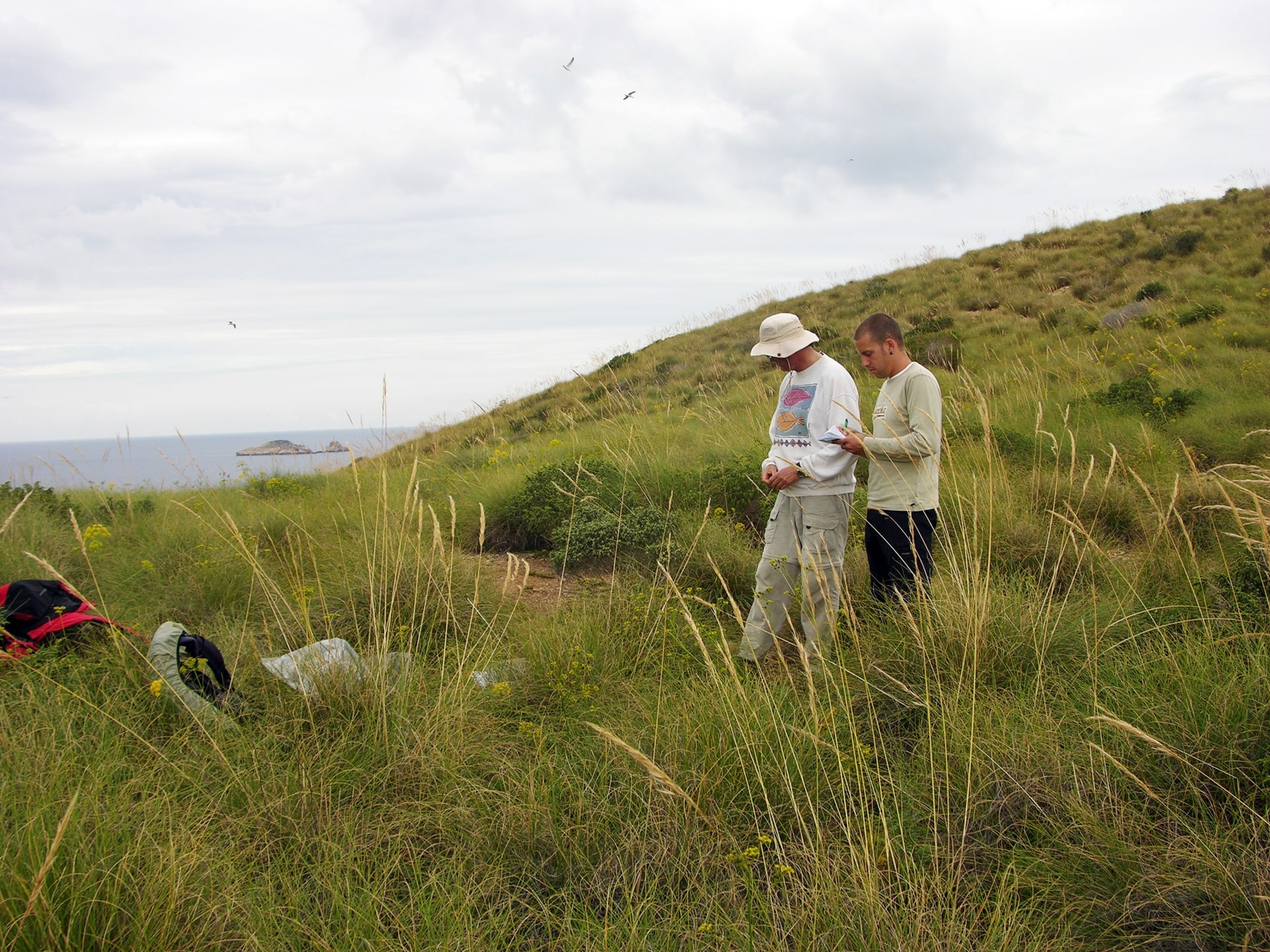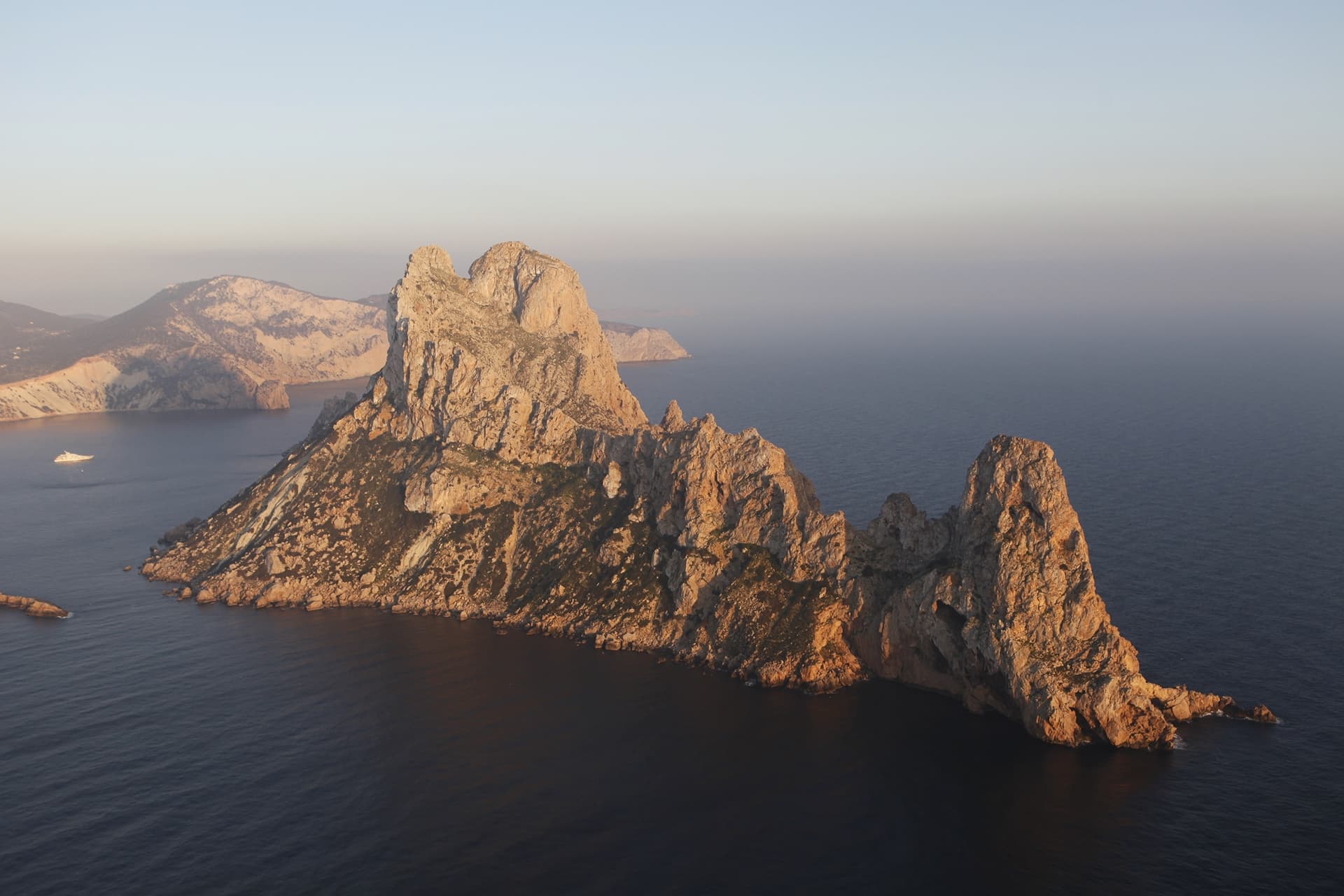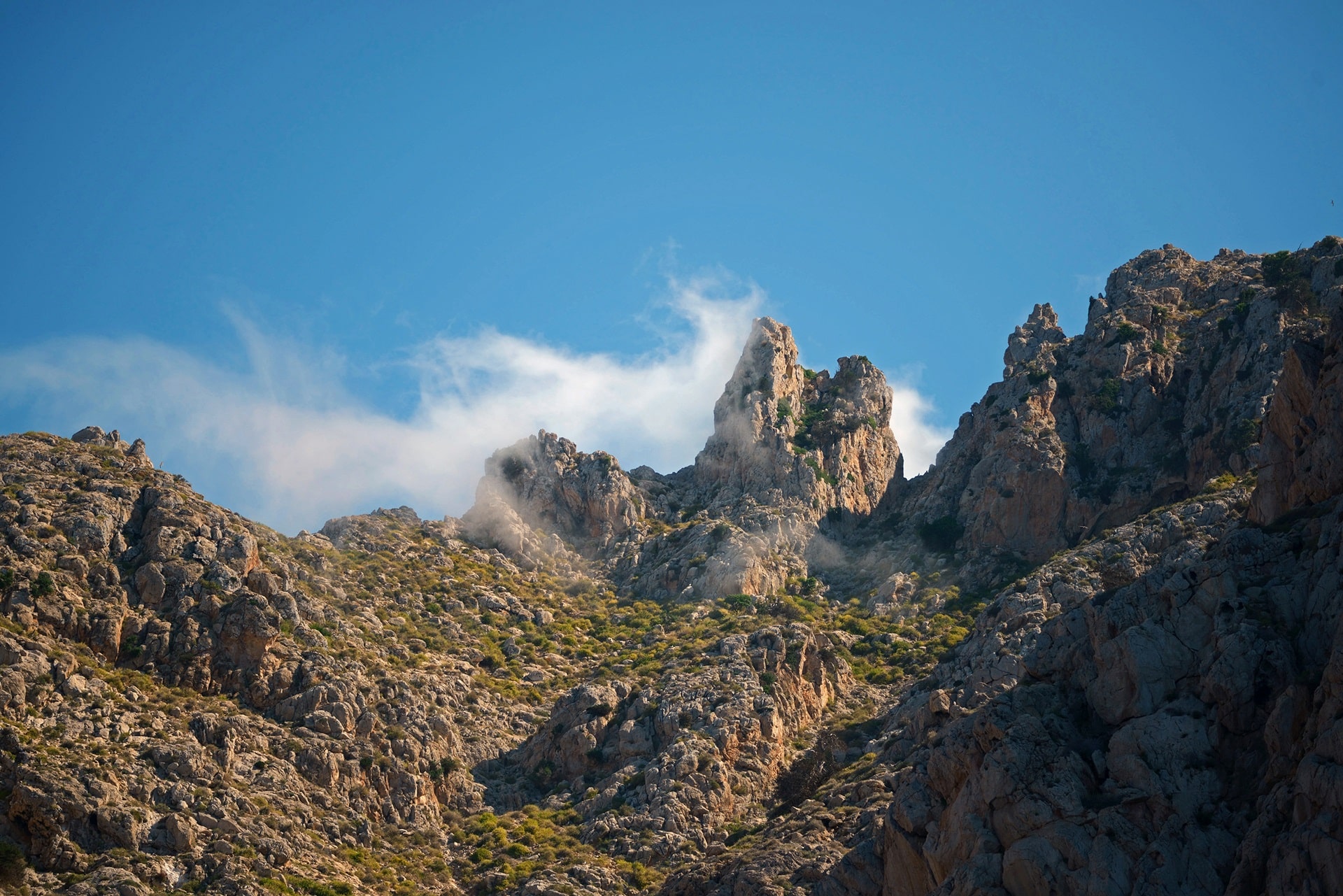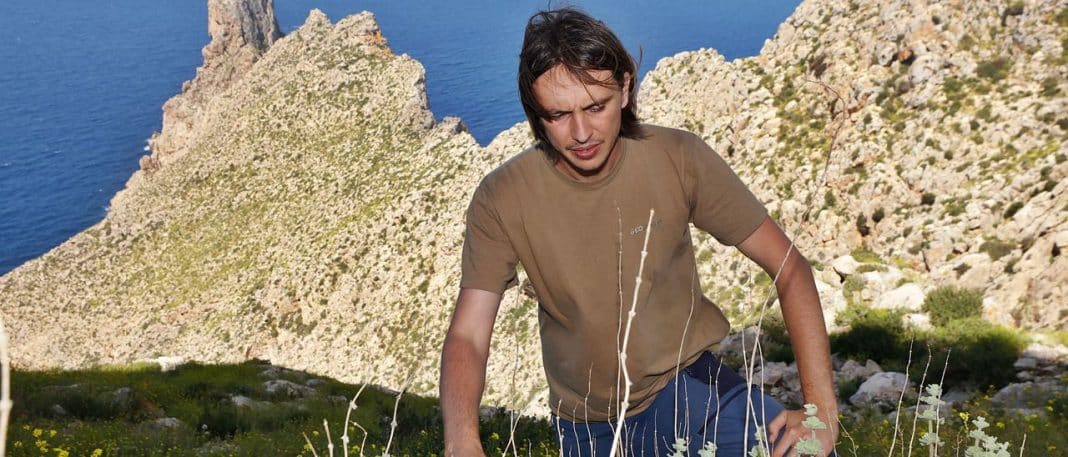Miquel Capó, a botanist, is very knowledgeable about the damage caused by goats and rabbits on es Vedrà and s’Espartar, cases that he has studied in situ (the last time, last spring), both before and after these islets were freed from the presence of domestic mammals that had been introduced by humans.

In the doctoral thesis ‘Preadaptation and vulnerability of the vegetation of the Balearic Islands to herbivory by non-native vertebrates’, Capó determines the capacity of resistance and tolerance of the endemic flora, the demographic and reproductive effect of non-native herbivorous mammals on island populations of Mediterranean plant species and the resilience of the micro-island plant communities after the eradication of rabbits and goats. One of the general conclusions is that island plant species are “partially pre-adapted to herbivory by chemical escape mechanisms (alkaloids, glycosides or coumarins) and anatomical resistance (spinescence: leaves transform into thorns)”, but plants lacking these strategies have no choice but to “take refuge on cliffs and in areas inaccessible to herbivores”, as Medicago citrina did in s’Espartar to ‘flee’ from rabbits. Hanging from its vertical walls, it endured until it was able to recolonise the island.

It also confirms what has become evident in es Vedrà after the eradication of ruminants: “The cover of microinsular plant communities increases in the short term when the goat population is drastically reduced. Especially, tasty species such as Withania frutescens and Diplotaxis ibicensis which recovered remarkably during monitoring”. The reduction of herbivores in this area, Capó stresses in his thesis, meant “an increase in the taxonomic and functional diversity of the rocky areas”, particularly “of the entomogamous flora (pollinated by insects) and zoochorous flora (seed dispersal by animals), which increased in rocky areas and grasslands”.

For the full article, please visit Diario de Ibiza website here.

